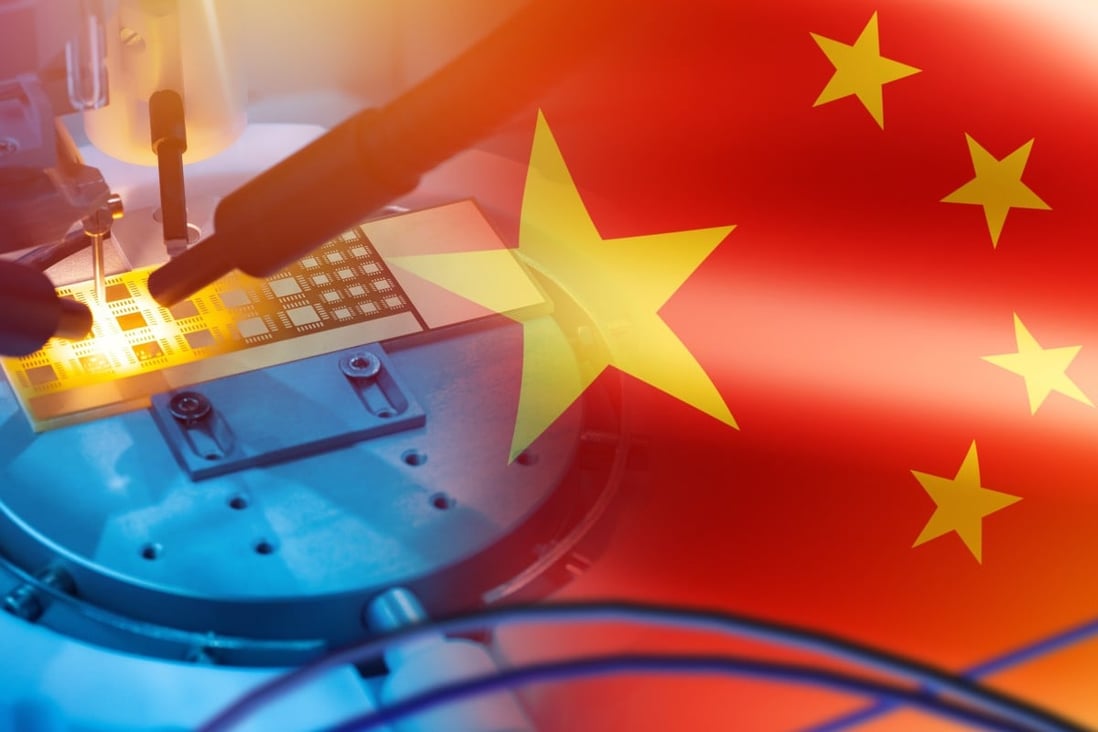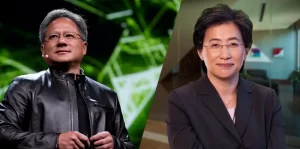Introduction
For over a decade, China has strategically sought to attract elite foreign-trained talent through programs like the Thousand Talents Plan (TTP) in its bid to bolster its technological prowess and global competitiveness.
While this initiative, characterized by generous funding and enticing perks, faced scrutiny from the United States and prompted a hiatus in 2018, recent developments indicate that China has quietly rekindled its talent recruitment efforts under a new name and format.
In this blog post, we’ll delve into the details of China’s revived recruitment drive, the reasons behind it, its implications for the tech industry, and the challenges it presents on the international stage.
Follow us on Linkedin for everything around Semiconductors & AI
China Talent Recruitment: Qiming Takes the Lead
Two years after halting the promotion of the Thousand Talents Plan due to investigations by the U.S., China has discreetly reintroduced its talent recruitment initiative under the name “Qiming.”
This revamped program continues to target elite scientists and researchers trained abroad, offering attractive incentives like home-purchase subsidies and substantial signing bonuses.
Unlike its predecessor, Qiming operates with greater discretion, abstaining from publicizing its awardees and maintaining a low profile on government websites.
Read more: Why US Outsourced its Global Leader Status to China in the 1980s
China Talent Motivation: Technological Advancement and Self-Reliance
China’s resurgence in talent recruitment aligns with its strategic goal of advancing its technological capabilities, particularly in the face of challenges posed by U.S. export restrictions, such as those impacting semiconductor development.
As President Xi Jinping emphasizes the importance of achieving self-reliance in semiconductor manufacturing, the need for top-tier tech talent becomes increasingly vital. China’s chip industry has blossomed, but a significant shortage of skilled individuals, including engineers and chip designers, hampers its progress.
Qiming’s Target: Sensitive and Technological Fields
Qiming’s recruitment efforts concentrate on scientific and technological fields deemed “sensitive” or “classified,” such as semiconductors.
This focus underscores China’s determination to excel in critical areas that could shape its technological sovereignty.
While the revamped program refrains from public announcements and stays off central government platforms, it collaborates with regional and local authorities as well as Chinese chip companies in a comprehensive talent acquisition endeavor.
Challenges and Implications
China’s renewed talent recruitment drive prompts several noteworthy challenges and implications:
Intellectual Property Concerns: The U.S. has consistently accused China of intellectual property theft, creating concerns about technology transfer through talent recruitment programs. While China maintains that its efforts respect intellectual property rights, the risk of leakage remains.
Ethical and Legal Dilemmas: The recruitment of foreign experts has the potential to create conflicts of interest, especially if those experts continue to receive U.S. government funds for research while also contributing to China’s tech advancements.
International Competitiveness: China’s bid to attract talent poses a competitive challenge to Western countries, as highly skilled researchers trained in prestigious institutions are courted with enticing perks.
Global Relations: The revival of talent recruitment programs might strain international relations, especially with the U.S., further intensifying accusations of technology transfer and intellectual property theft.
Conclusion
China’s commitment to securing top-notch tech talent continues to drive its efforts to remain at the forefront of technological advancements.
The revival of its talent recruitment drive under the Qiming program underscores its persistence in achieving self-reliance in strategic sectors. While the benefits are clear for China’s technological aspirations, the program raises complex ethical, legal, and geopolitical questions that need careful consideration.
As the global tech landscape evolves, the delicate balance between international cooperation and competitive ambitions will play a pivotal role in shaping the future of technology innovation.




